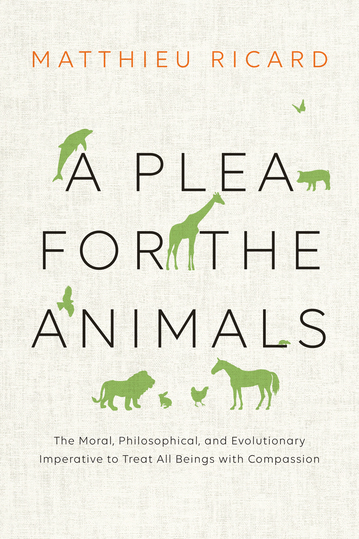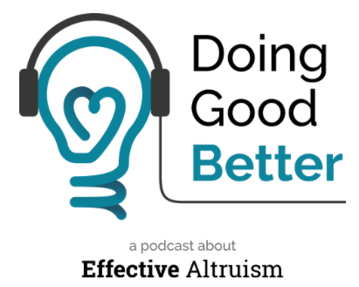What turns a devout scientist into Buddhist monk?
Born in France in 1946, Matthieu Ricard is a Buddhist monk who left a career in cellular genetics to study Buddhism and live a largely monastic life in the Himalayas over 45 years ago.
Sharing his insights, Ricard has since become an international best-selling author and a prominent speaker on the world stage, celebrated at the World Economic Forum at Davos, the NGH forums at the United Nations, and at TED where his talks on happiness and altruism has been viewed by over six million people.
His books have been translated into over twenty languages, and his newest is, Beyond the Self: A conversation between Neuroscience and Buddhism.
Ricard was lightly dubbed “the happiest man alive,” after neuroscientists at the University of Wisconsin scanned his brain during meditation and found the highest capacity for happiness ever recorded.
As a trained scientist and Buddhist monk, he is uniquely positioned in the dialogue between East and West. He is an active participant in the current scientific research on the effects of meditation on the brain. He lives in Nepal and devotes all the proceedings of his books and activities to 200 humanitarian projects in Tibet, India, and Nepal.






